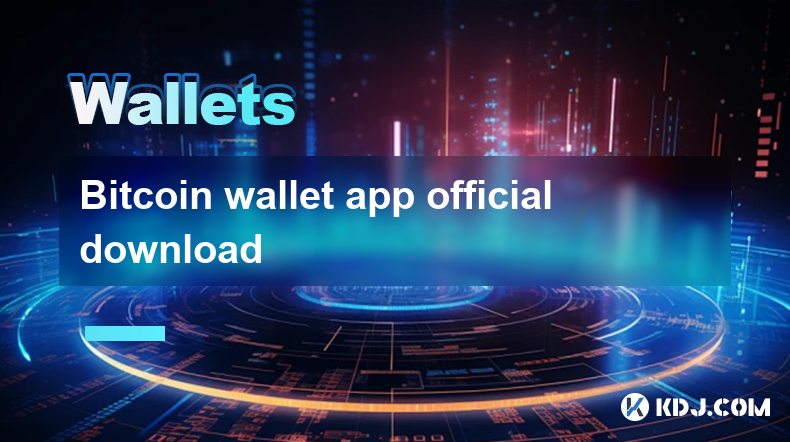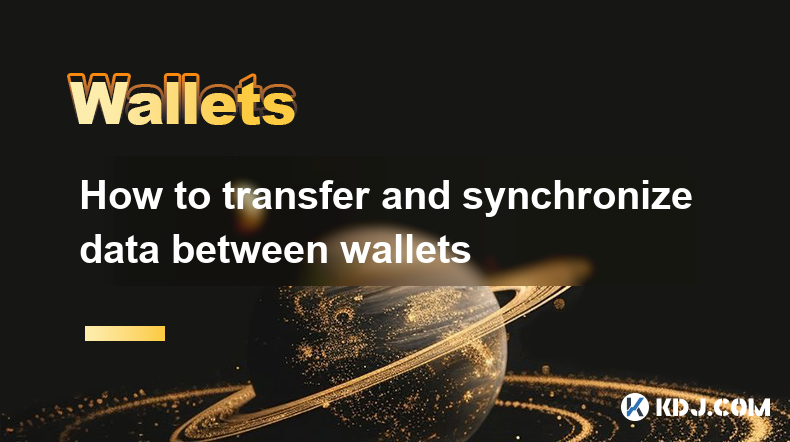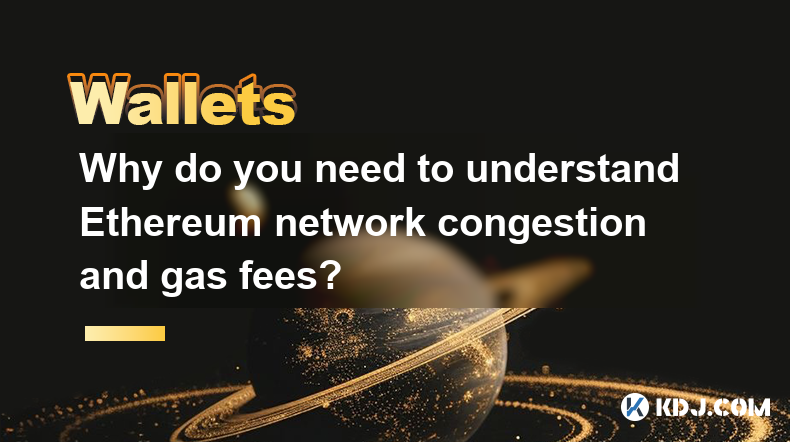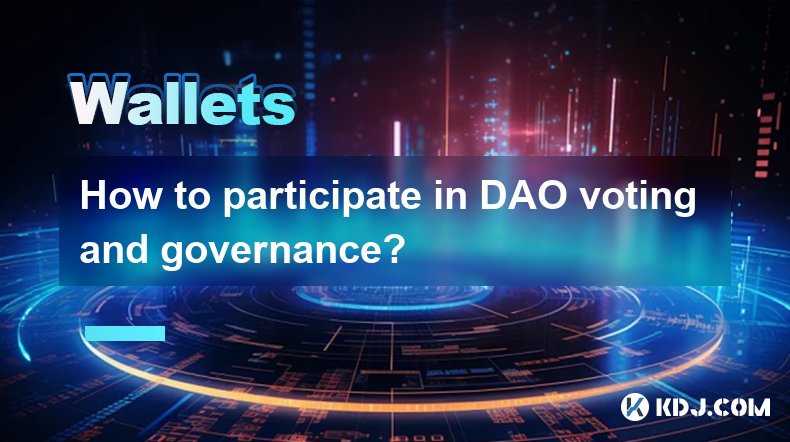-
 Bitcoin
Bitcoin $88,624.5710
-3.46% -
 Ethereum
Ethereum $2,487.9796
0.04% -
 Tether USDt
Tether USDt $0.9986
-0.11% -
 XRP
XRP $2.3014
0.33% -
 BNB
BNB $627.0998
2.49% -
 Solana
Solana $142.8430
2.32% -
 USDC
USDC $0.9999
0.00% -
 Dogecoin
Dogecoin $0.2099
0.33% -
 Cardano
Cardano $0.6795
-0.67% -
 TRON
TRON $0.2274
-5.30% -
 Chainlink
Chainlink $15.2391
0.93% -
 Sui
Sui $2.9636
3.00% -
 Avalanche
Avalanche $21.8927
0.82% -
 Stellar
Stellar $0.2934
-2.10% -
 Toncoin
Toncoin $3.5506
4.18% -
 Litecoin
Litecoin $115.5235
0.55% -
 UNUS SED LEO
UNUS SED LEO $9.0319
3.10% -
 Shiba Inu
Shiba Inu $0.0...01411
2.78% -
 Hedera
Hedera $0.1971
0.29% -
 MANTRA
MANTRA $7.6910
-5.85% -
 Polkadot
Polkadot $4.6575
6.42% -
 Hyperliquid
Hyperliquid $20.8627
7.44% -
 Ethena USDe
Ethena USDe $0.9989
-0.12% -
 Bitcoin Cash
Bitcoin Cash $292.2149
-0.26% -
 Dai
Dai $0.9997
-0.02% -
 Bitget Token
Bitget Token $4.3281
-6.48% -
 Uniswap
Uniswap $8.2788
4.05% -
 Monero
Monero $215.2750
-5.71% -
 NEAR Protocol
NEAR Protocol $2.9763
-1.16% -
 Pepe
Pepe $0.0...08248
5.88%
Bitcoin wallet app official download
To ensure the safety of your cryptocurrency, it is imperative to choose a reputable Bitcoin wallet provider and implement robust security practices to safeguard your digital assets.
Jan 12, 2025 at 02:50 pm

Essential Guide to Bitcoin Wallet App Official Download: Securing Your Digital Assets
Key Points:
- Understanding the different types of Bitcoin wallets available
- Importance of choosing a reputable wallet provider
- Step-by-step guide to downloading and setting up an official Bitcoin wallet app
- Security best practices for protecting your Bitcoin wallet and funds
- FAQs to address common questions regarding Bitcoin wallet app downloads
Understanding Bitcoin Wallets
Bitcoin wallets serve as digital storage containers for your Bitcoin holdings. They generate a unique address that allows you to receive and send Bitcoin, and a private key that provides access and control over your funds. Bitcoin wallets come in various forms:
- Software wallets: Installed on your computer or mobile device, they are convenient and offer additional features such as account management and transaction tracking.
- Hardware wallets: Physical devices that store your private keys offline, providing enhanced security against hacking attempts.
- Paper wallets: Printed or written records of your Bitcoin address and private key, offering offline storage and a low-cost option.
Choosing a Reputable Wallet Provider
Selecting a reliable Bitcoin wallet provider is crucial for the safety of your funds. Consider the following factors:
- Security: Check for industry-standard encryption measures, multi-factor authentication, and offline storage options.
- Reputation: Research the provider's reputation and track record, including customer reviews and media coverage.
- Features: Different wallets offer varying features and functionalities. Choose a wallet that aligns with your needs and preferences.
- Support: Ensure the provider offers responsive customer support and technical assistance for any queries or troubleshooting.
Step-by-Step Guide to Downloading and Setting Up an Official Bitcoin Wallet App
1. Choose Your Wallet
Select a reputable Bitcoin wallet app provider and download the software from their official website. Avoid downloading wallet apps from third-party app stores or untrusted sources.
2. Install the App
Follow the installation instructions provided by the wallet provider to install the app on your mobile device. Grant the app the necessary permissions to function correctly.
3. Create a New Wallet
Launch the app and create a new Bitcoin wallet by following the on-screen prompts. Choose a strong password and backup your recovery seed phrase securely.
4. Fund Your Wallet
Once your wallet is created, you can fund it by transferring Bitcoin from an exchange or another wallet. Provide the recipient address generated by your wallet to the source from which you are transferring.
5. Send and Receive Bitcoin
Use the "send" and "receive" features within the app to send or receive Bitcoin payments. Enter the recipient's address or scan their QR code for sending transactions.
Security Best Practices for Protecting Your Bitcoin Wallet
- Secure Password: Create a strong and unique password that is not easily guessable.
- Two-Factor Authentication (2FA): Enable 2FA to add an extra layer of protection against unauthorized access.
- Backup Recovery Phrase: Store your recovery seed phrase securely and avoid storing it digitally on your device.
- Keep Software Updated: Regularly update your wallet's software to ensure the latest security patches are applied.
- Avoid Public Wi-Fi: When transacting with your wallet or managing your funds, avoid using public Wi-Fi connections.
FAQs
Q: Which Bitcoin wallet is the most secure?
A: Hardware wallets generally offer the highest level of security, as they store private keys offline. However, the choice of the most secure wallet depends on individual circumstances and preferences.
Q: How can I recover my Bitcoin if I lose my wallet?
A: If you have securely backed up your recovery seed phrase, you can use it to restore your wallet and funds on a new device.
Q: What happens if I forget my Bitcoin wallet password?
A: Most Bitcoin wallets offer a way to reset your password using your recovery seed phrase. If you have lost your password and do not have your recovery seed phrase, your funds may be inaccessible.
Q: How do I protect my Bitcoin wallet from hackers?
A: Practice good security habits such as using a strong password, enabling 2FA, keeping software updated, and avoiding public Wi-Fi when transacting. Additionally, consider using a hardware wallet for enhanced security.
Disclaimer:info@kdj.com
The information provided is not trading advice. kdj.com does not assume any responsibility for any investments made based on the information provided in this article. Cryptocurrencies are highly volatile and it is highly recommended that you invest with caution after thorough research!
If you believe that the content used on this website infringes your copyright, please contact us immediately (info@kdj.com) and we will delete it promptly.
- The Canary HBAR ETF: the request for listing on the Nasdaq is coming
- 2025-02-26 01:45:29
- Dogecoin (DUP) Captures Investors' Attention as a Standout Memecoin Backed by Real Utility
- 2025-02-26 01:45:29
- Mutuum Finance (MUTM) Emerges as a High-Potential Alternative to Solana (SOL) as the Crypto Market Shifts toward Real-World Utility
- 2025-02-26 01:45:29
- FloppyPepe: The Next AI-Powered Crypto Set for Explosive Growth
- 2025-02-26 01:35:29
- Shiba Inu (SHIB) Market Performance Update: Downturn Amidst Geopolitical Tensions and Security Breaches
- 2025-02-26 01:35:29
- Whales Load Up on ONDO Despite Market Decline—Here's Why
- 2025-02-26 01:25:29
Related knowledge

What are cold storage and hot storage? Which one is safer?
Feb 22,2025 at 03:18pm
Key Points:Cold storage and hot storage are two methods of storing cryptocurrencies.Cold storage involves storing cryptocurrencies offline, while hot storage involves storing them online.Cold storage is generally considered safer than hot storage, as it is not connected to the internet and is therefore less susceptible to hacking.Cold StorageCold storag...

How to synchronize wallets in multiple devices and browsers
Feb 22,2025 at 09:18am
Key Points:Understand the different types of cryptocurrency wallets and their synchronization capabilities.Learn how to synchronize hardware wallets with multiple devices.Discover the steps involved in synchronizing software wallets across platforms.Explore the options for synchronizing mobile wallets on different devices.Gain insight into browser exten...

How to deal with theft of wallets or the leak of mnemonic words?
Feb 23,2025 at 12:36am
Key PointsUnderstanding the Different Types of Wallet TheftSteps to Take If Your Wallet Is Stolen or Mnemonic Words LeakedPreventive Measures to Protect Your Crypto AssetsFrequently Asked QuestionsHow to deal with theft of wallets or the leak of mnemonic words?Understanding the Different Types of Wallet TheftHot Wallet Theft:Hot wallets are connected to...

How to transfer and synchronize data between wallets
Feb 21,2025 at 12:25pm
Key Points:Understanding different wallet types and their capabilitiesIdentifying similarities and differences between walletsExploring options for transferring and synchronizing dataEnsuring data security and integrity during transferAddressing common challenges and troubleshooting tipsHow to Transfer and Synchronize Data Between Cryptocurrency Wallets...

Why do you need to understand Ethereum network congestion and gas fees?
Feb 21,2025 at 04:48am
Key PointsUnderstanding Ethereum Network Congestion and Gas FeesGas Fees ExplainedFactors Affecting Network CongestionStrategies for Minimizing Gas FeesImpact of Ethereum UpgradesUnderstanding Ethereum Network Congestion and Gas FeesThe Ethereum network is a decentralized platform that hosts a vast ecosystem of decentralized applications (dApps), non-fu...

How to participate in DAO voting and governance?
Feb 21,2025 at 03:42pm
Key Points:Overview of DAO Voting and GovernanceUnderstanding DAO Structures and MembershipRole of DAO Tokens and Voting RightsParticipating in Voting and Proposal SubmissionLeveraging Governance Tools and PlatformsImpact of Voting Participation on DAO OutcomesBest Practices for Effective DAO GovernanceHow to Participate in DAO Voting and Governance1. U...

What are cold storage and hot storage? Which one is safer?
Feb 22,2025 at 03:18pm
Key Points:Cold storage and hot storage are two methods of storing cryptocurrencies.Cold storage involves storing cryptocurrencies offline, while hot storage involves storing them online.Cold storage is generally considered safer than hot storage, as it is not connected to the internet and is therefore less susceptible to hacking.Cold StorageCold storag...

How to synchronize wallets in multiple devices and browsers
Feb 22,2025 at 09:18am
Key Points:Understand the different types of cryptocurrency wallets and their synchronization capabilities.Learn how to synchronize hardware wallets with multiple devices.Discover the steps involved in synchronizing software wallets across platforms.Explore the options for synchronizing mobile wallets on different devices.Gain insight into browser exten...

How to deal with theft of wallets or the leak of mnemonic words?
Feb 23,2025 at 12:36am
Key PointsUnderstanding the Different Types of Wallet TheftSteps to Take If Your Wallet Is Stolen or Mnemonic Words LeakedPreventive Measures to Protect Your Crypto AssetsFrequently Asked QuestionsHow to deal with theft of wallets or the leak of mnemonic words?Understanding the Different Types of Wallet TheftHot Wallet Theft:Hot wallets are connected to...

How to transfer and synchronize data between wallets
Feb 21,2025 at 12:25pm
Key Points:Understanding different wallet types and their capabilitiesIdentifying similarities and differences between walletsExploring options for transferring and synchronizing dataEnsuring data security and integrity during transferAddressing common challenges and troubleshooting tipsHow to Transfer and Synchronize Data Between Cryptocurrency Wallets...

Why do you need to understand Ethereum network congestion and gas fees?
Feb 21,2025 at 04:48am
Key PointsUnderstanding Ethereum Network Congestion and Gas FeesGas Fees ExplainedFactors Affecting Network CongestionStrategies for Minimizing Gas FeesImpact of Ethereum UpgradesUnderstanding Ethereum Network Congestion and Gas FeesThe Ethereum network is a decentralized platform that hosts a vast ecosystem of decentralized applications (dApps), non-fu...

How to participate in DAO voting and governance?
Feb 21,2025 at 03:42pm
Key Points:Overview of DAO Voting and GovernanceUnderstanding DAO Structures and MembershipRole of DAO Tokens and Voting RightsParticipating in Voting and Proposal SubmissionLeveraging Governance Tools and PlatformsImpact of Voting Participation on DAO OutcomesBest Practices for Effective DAO GovernanceHow to Participate in DAO Voting and Governance1. U...
See all articles



















































